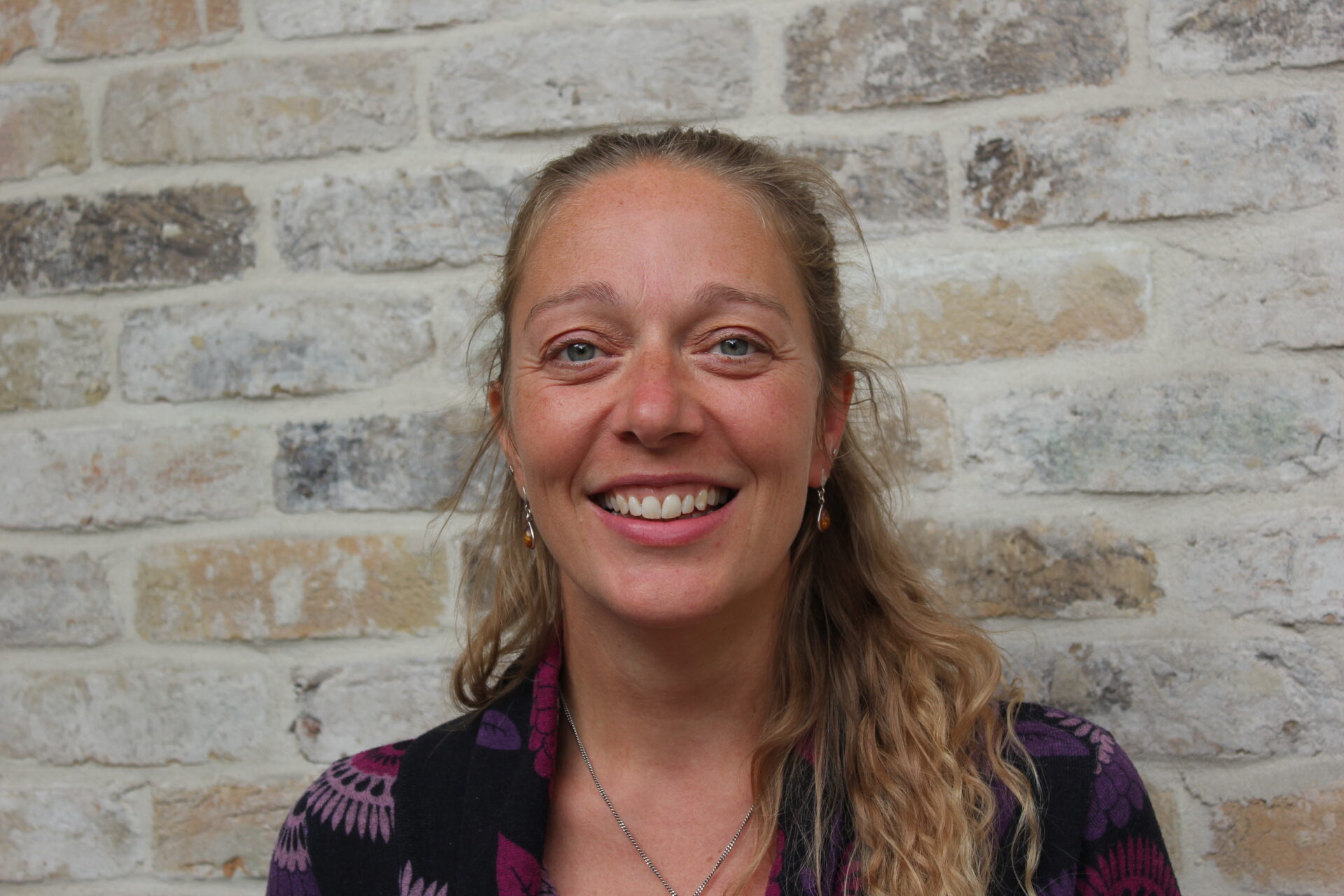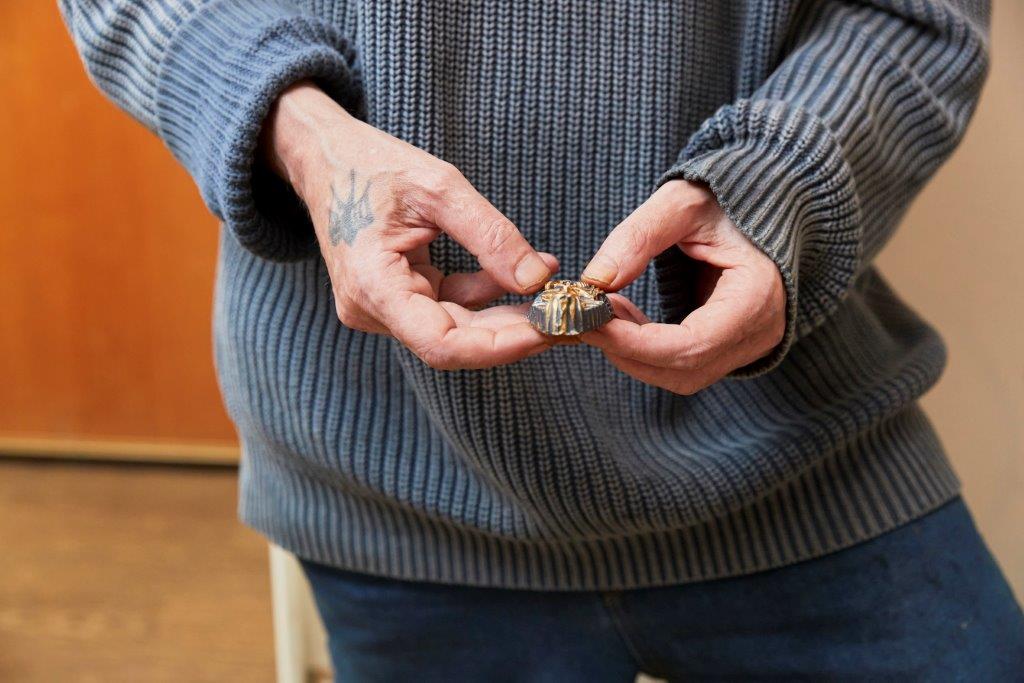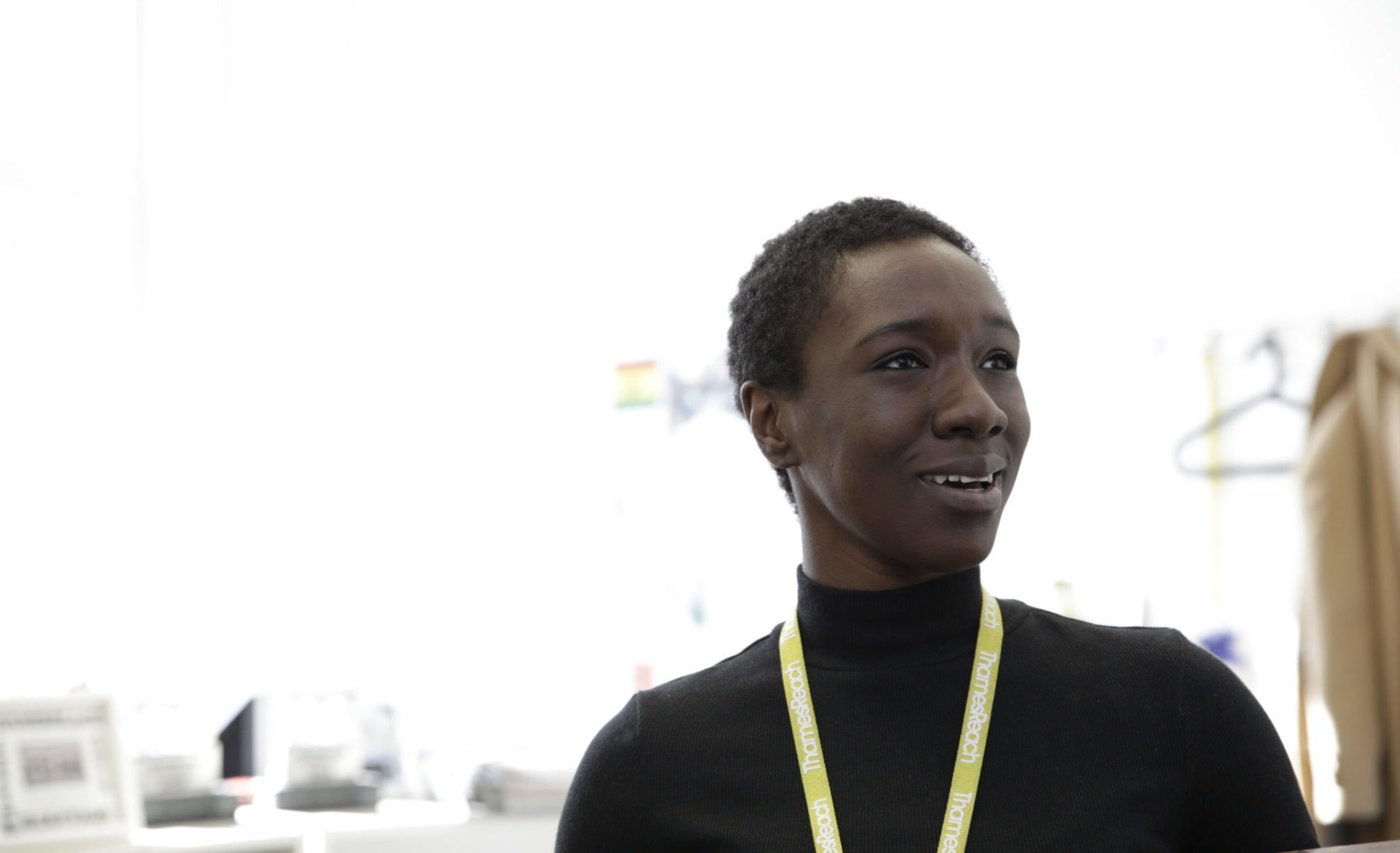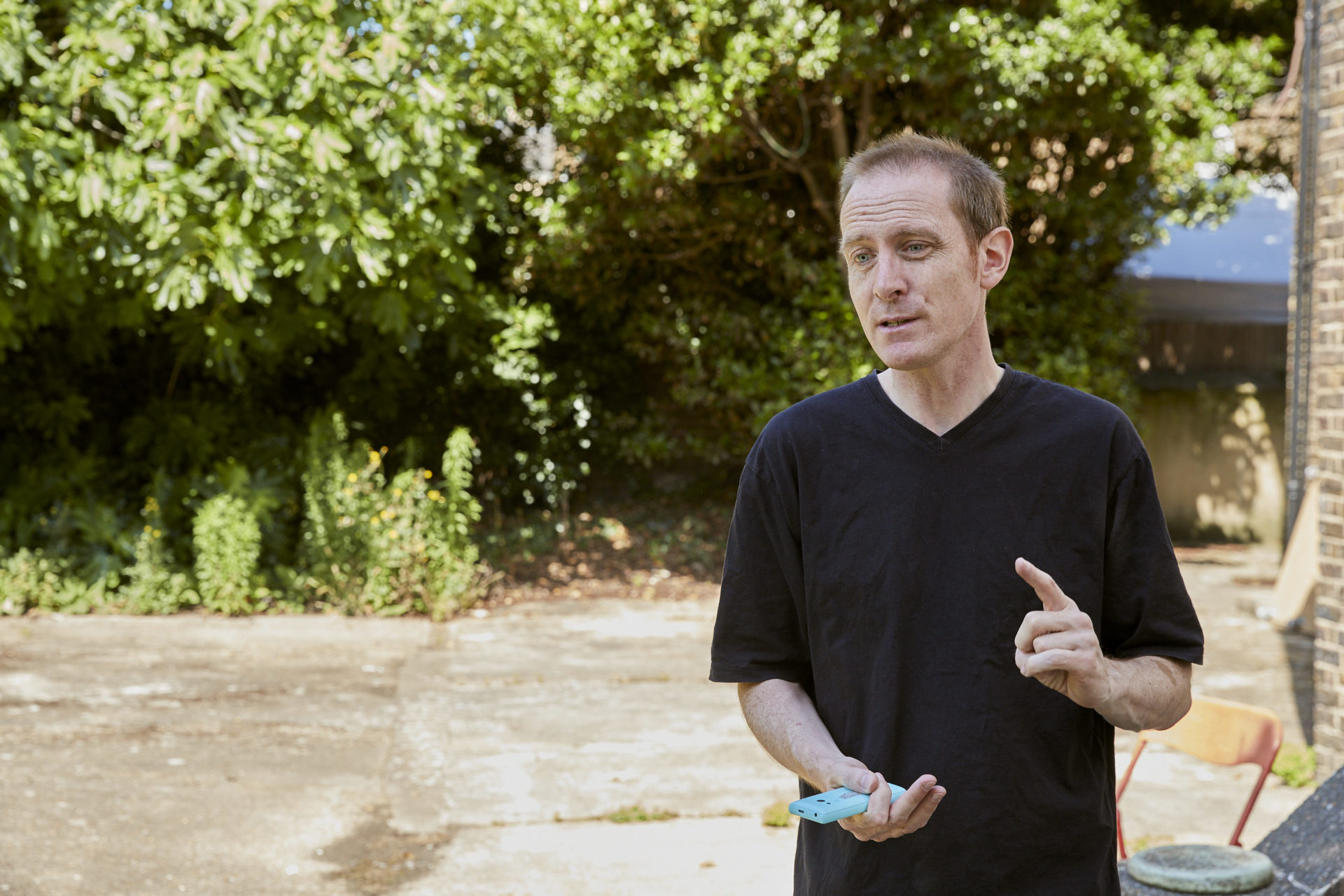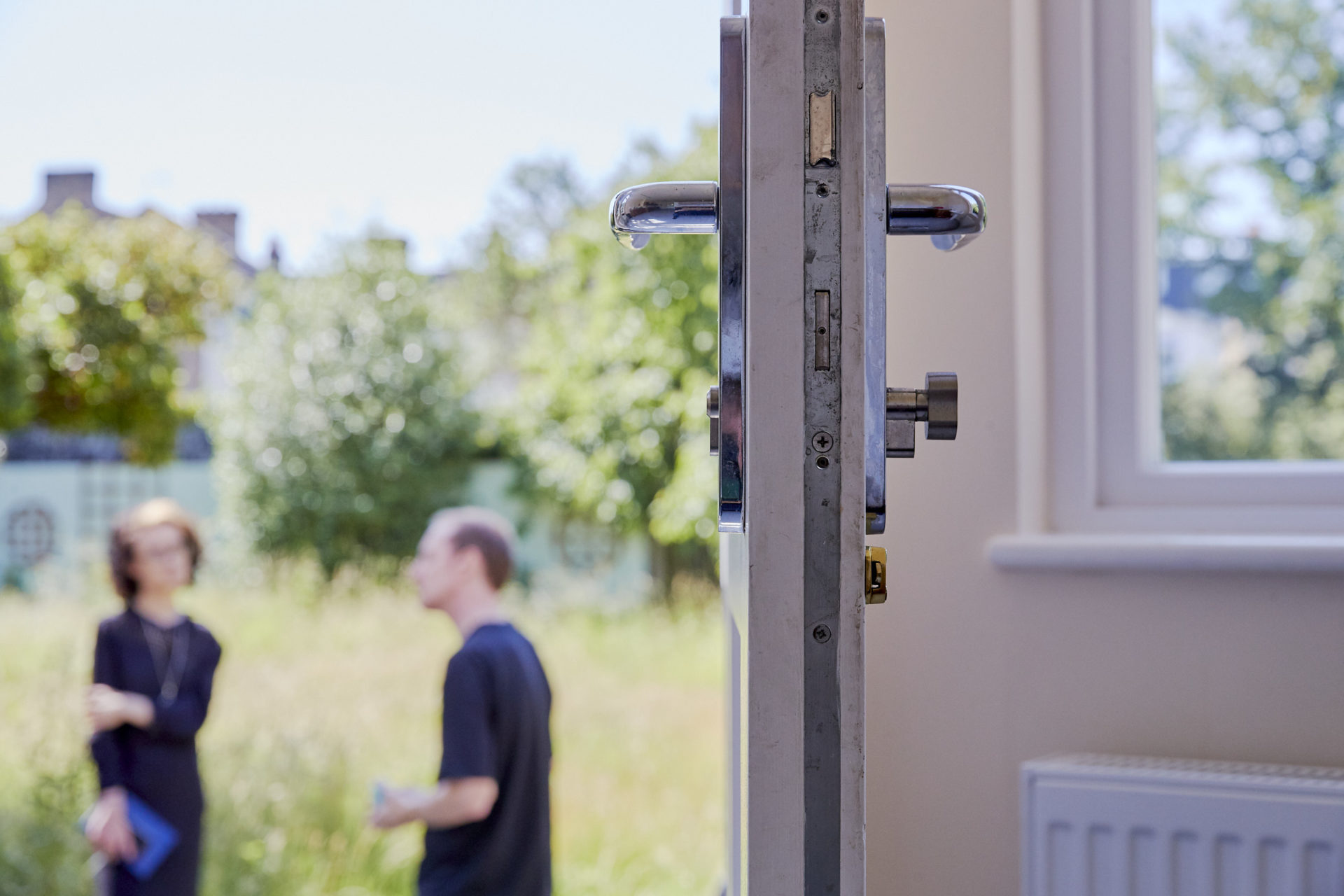Tenancy Sustainment Team South are looking for volunteers
The new Tenancy Sustainment Team (TST) South are looking for volunteers to help people in their recovery journey from street homelessness.
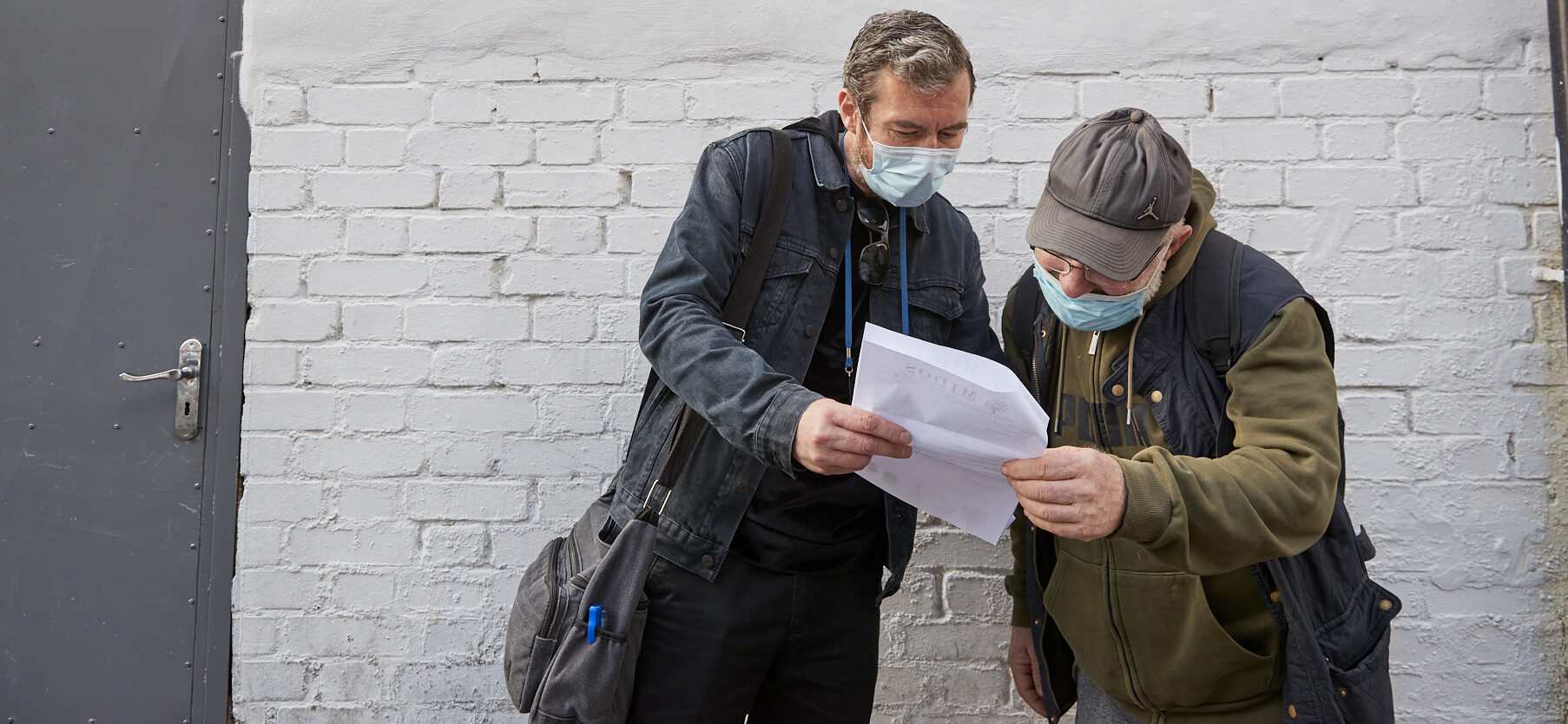
Thames Reach’s Tenancy Sustainment Team (TST) South are looking for volunteers to help people recover from street homelessness and maintain independent accommodation across South London.
Volunteers are offered training, ongoing support and expenses. Volunteering is a great way to gain experience and learn new skills, help towards getting a paid role in the sector, or to make meaningful use of your spare time. We welcome and encourage volunteers with lived experience of homelessness, recovery, and mental health.
We offer the opportunity to work from different locations in West, South or East London, for half a day or a full day at a range of different times, including opportunities to help us on late afternoons and evenings (Monday to Friday).
Please have a look at the roles listed below. If you’re interested in applying for a role, please fill out the application form here. Feel free to get in touch with any questions at: volunteermanagers@thamesreach.org.uk.
Tenancy Intervention and Welfare (TIW) volunteer: The TIW volunteer will support staff when clients are at risk of losing their homes or when clients need support to stay safe within their community. Some travel across London will be needed to visit clients, but full travel expenses are paid. Experience of working with vulnerable people is desirable and we welcome applications from Social Work/Social Care students (plese see below for details).
Welcome volunteer: We are seeking volunteers to support clients who are new to the TST. You will help people build confidence and make connections in their local community. This role will be a mixture of telephone support and travel around London. Good IT skills and a polite telephone manner will be important for this role.
Social Isolation volunteer: Volunteers are needed for informal support for clients who are experiencing loneliness or isolation. Support will involve helping people to be well connected to their community.
Keeping In Touch (KIT) volunteer: KIT is a telephone support service, giving clients the opportunity to informally “check in” if they need to speak to someone in the TST. Volunteers will help direct the calls and offer a low level of support over the phone. Good IT skills and a polite and friendly telephone manner are needed for this role.
Placements: We welcome student placements in the team. If you are over 18 years old, you can take part in a placement in our TST for a minimum of twelve weeks as part of your course, in teams across London. In recent years, students on social work, mental health and social science courses have gained a great deal of experience from these placements. Please send us an email at volunteermanagers@thamesreach.org.uk to enquire.

